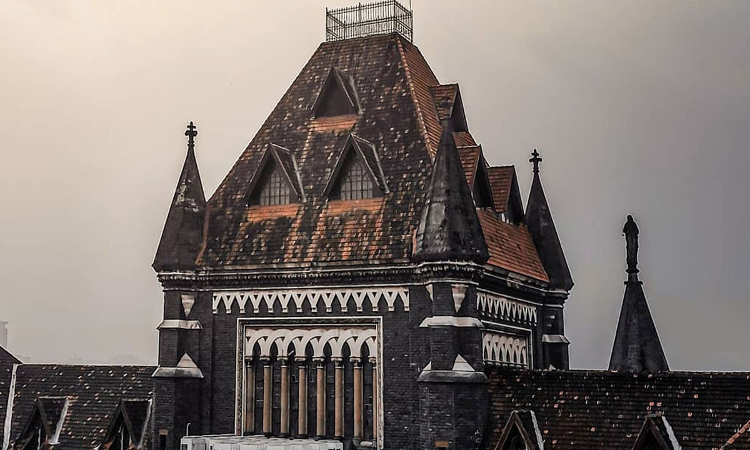The Bombay High Court has quashed the CBDT’s order rejecting the assessee’s application for condonation of the 43-day delay in filing the return of income (ITR)."Refusing to condone the delay can result in a meritorious matter being thrown out at the very threshold and the cause of justice being defeated. The authorities fail to understand that when the delay is condoned, the highest that...

